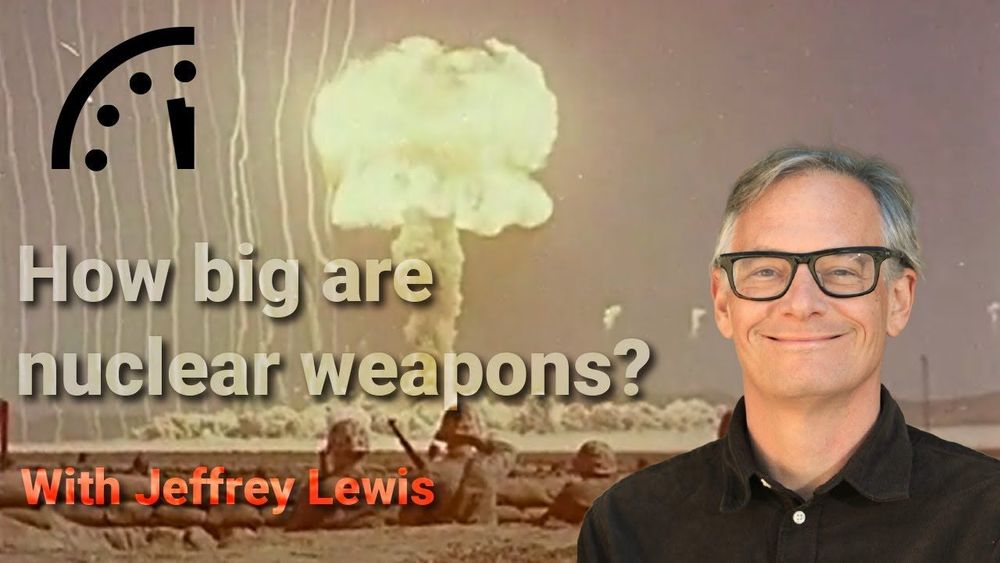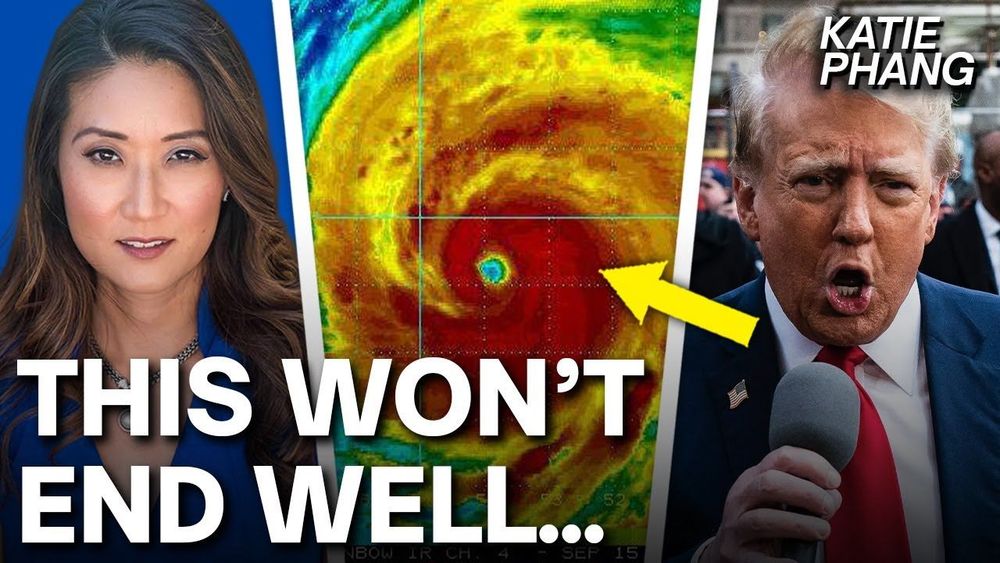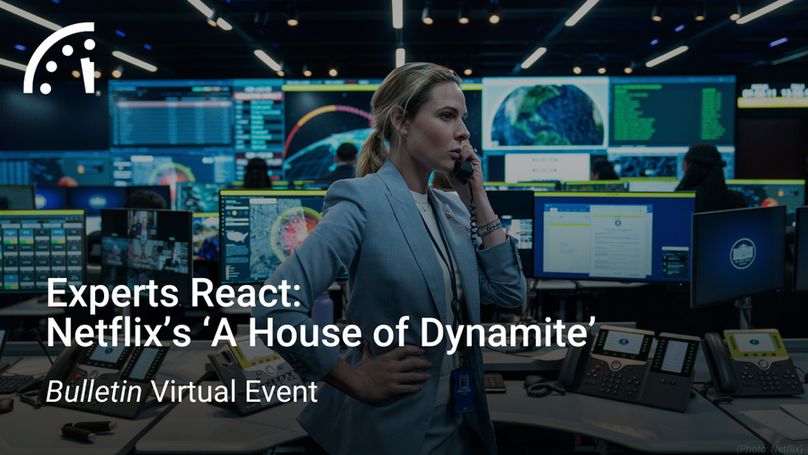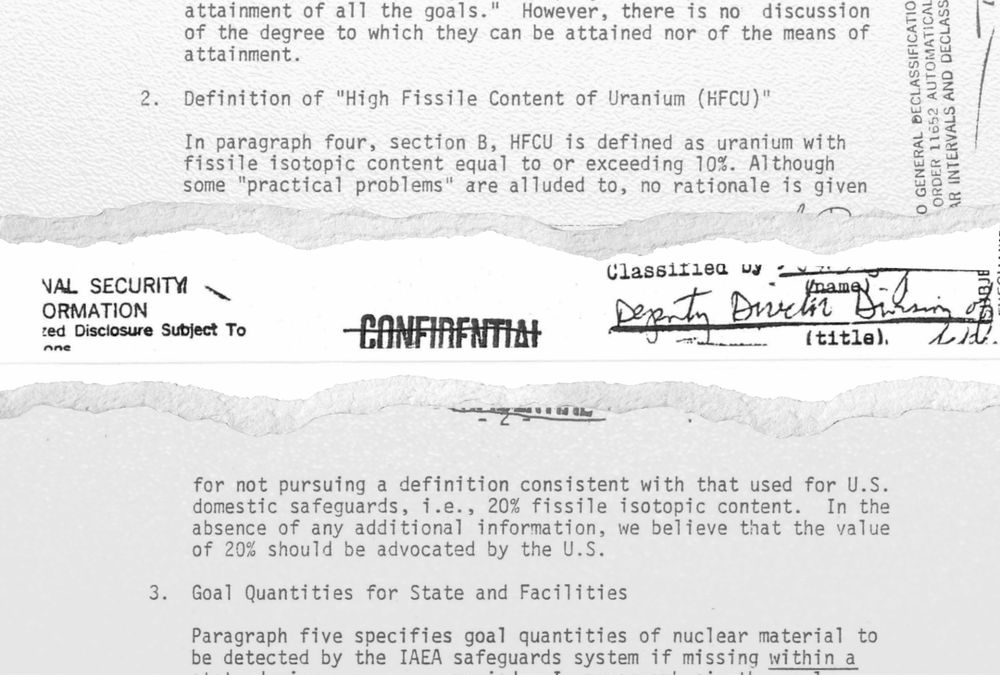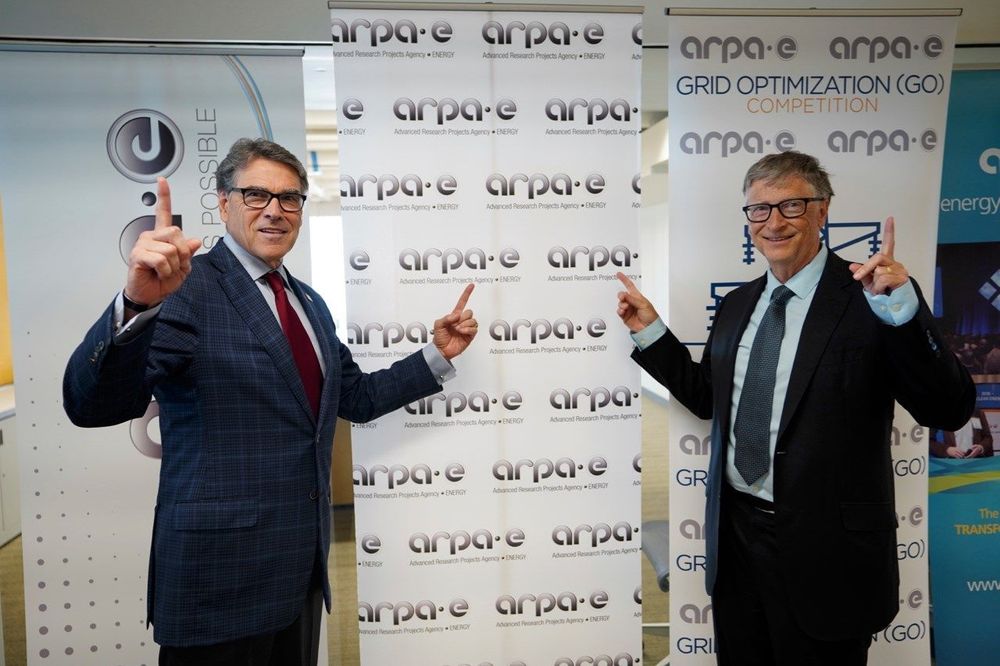
Bulletin of the Atomic Scientists
@thebulletin.org
9.7K followers
88 following
710 posts
The best thinking on existential threats since 1945. Nuclear risk, climate change, and disruptive technologies. We set the #DoomsdayClock. thebulletin.org
Posts
Media
Videos
Starter Packs
Très heureux de partager mon entretien avec @mediapart.fr au sujet des récentes annonces par Donald Trump de la reprise possible des essais nucléaires aux États-Unis.
Merci à @justinebrabant.bsky.social et François Bougon pour la discussion.
www.mediapart.fr/journal/inte...
Merci à @justinebrabant.bsky.social et François Bougon pour la discussion.
www.mediapart.fr/journal/inte...

Armement : « Nous sommes dans une nouvelle ère nucléaire »
En l’espace de quelques jours, Vladimir Poutine a présenté deux nouvelles armes et Donald Trump a annoncé la reprise des essais nucléaires de son pays. Pour le chercheur François Diaz-Maurin, il s’ag…
www.mediapart.fr
Reposted by Bulletin of the Atomic Scientists
Belarus's nuclear sharing arrangement with the Kremlin makes it far more difficult for Minsk to act independently, write @gabrielairosa.bsky.social and @dexeve.bsky.social.
"The 'Zapad' exercise and how Lukashenko learned to love the Bomb." ⬇️
"The 'Zapad' exercise and how Lukashenko learned to love the Bomb." ⬇️

The 'Zapad' exercise and how Lukashenko learned to love the Bomb
Despite being highly anticipated, the sudden change in public rhetoric about this year's Zapad strategic military exercise suggests that the Russia-Belarus relationship may be more complicated than…
thebulletin.org
Reposted by Bulletin of the Atomic Scientists
Assuming that the missile in 'A House of Dynamite' carried a several-hundred-kiloton nuclear warhead and detonated directly above Chicago's Loop, what would follow?
@patriciajaworek.bsky.social and Isabelle Williams of @nti.org explain. ⬇️
@patriciajaworek.bsky.social and Isabelle Williams of @nti.org explain. ⬇️

The “House of Dynamite” sequel you didn’t know you needed
Assuming that the missile in "A House of Dynamite" carried a several-hundred-kiloton nuclear warhead and detonated directly above Chicago’s Loop, what would ensue in the seconds, minutes, days, and…
thebulletin.org
Reposted by Bulletin of the Atomic Scientists


